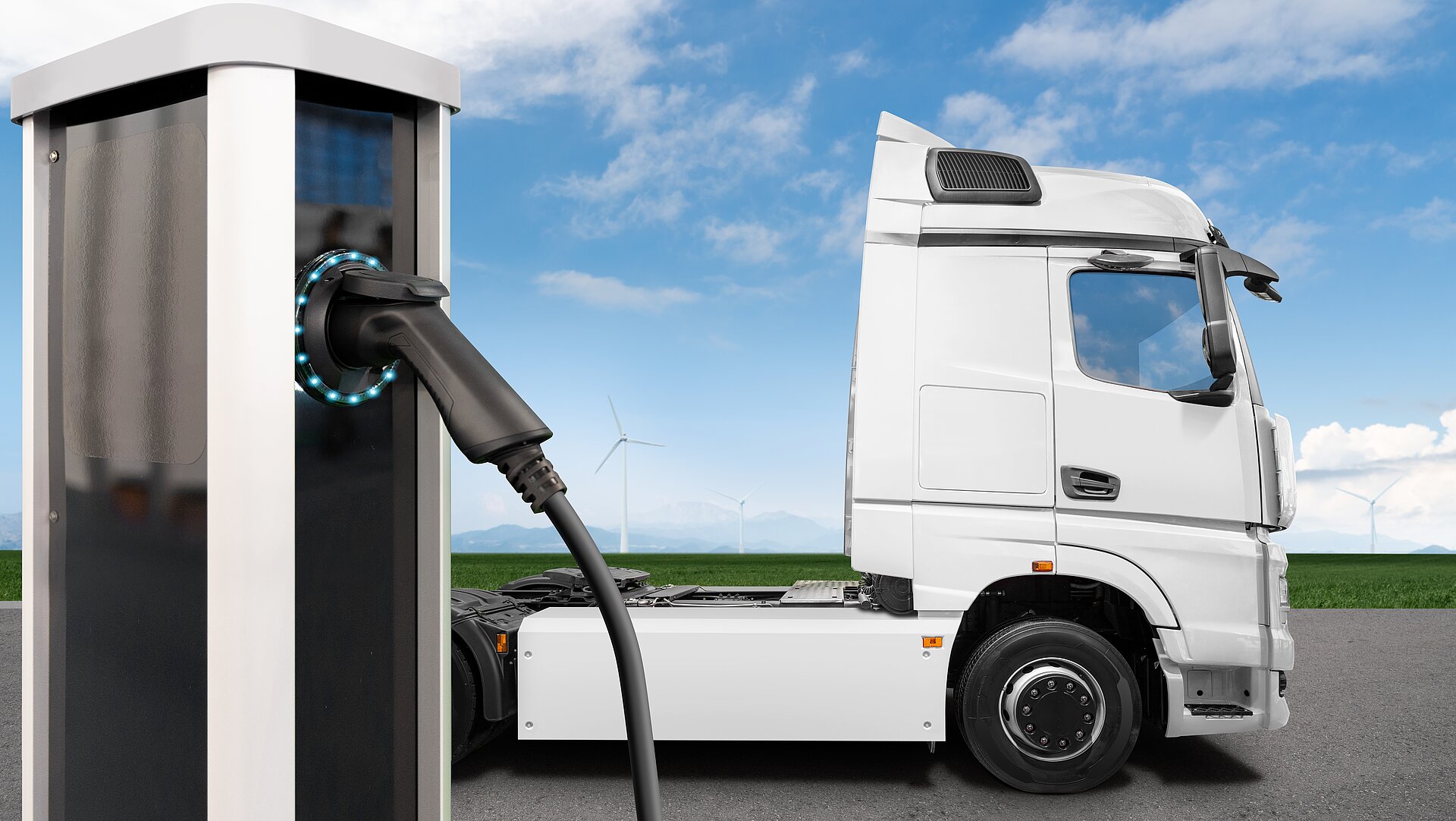Trucks need large batteries to achieve a similar range to conventionally powered vehicles. And in order for these large batteries to be charged quickly enough, a much higher charging capacity is required than before. The new standard is known as MCS ("Megawatt Charging System"), which quickly supplies vehicles with enormous amounts of energy - the MCS is designed for the highest charging power of 3.75 megawatts (3,000 amps at 1,250 volts direct current). The fastest current fast-charging standard, CCS, only allows a charging capacity of up to 375 kW and was originally designed for cars.
MCS is still in its infancy, but its potential is undeniable. Niko Waxmann (Head of Electrify Research at management consultancy P3 Group) explains what hurdles still need to be overcome before it can be introduced, what needs to change in terms of trucks and charging points and whether we need to worry about the stability of the electricity grid.
Of course, challenges remain. The initial investment in MCS infrastructure is significant and there is a need for a global regulatory framework. As the technology develops, megawatt charging will be an important piece of the puzzle for sustainable heavy-duty transportation and may decide the race between battery trucks and hydrogen trucks.
This podcast episode was recorded on November 8th at the "Battery Experts Forum" in Darmstadt. The podcast discussion took place in front of a selected audience, who had the opportunity to ask their own questions.

